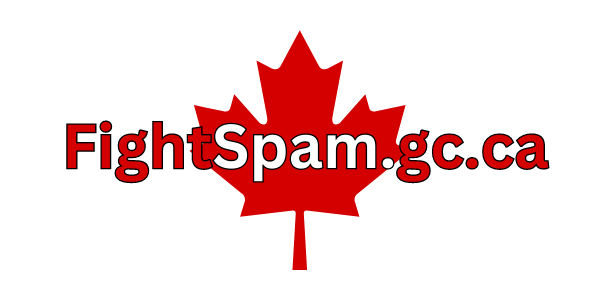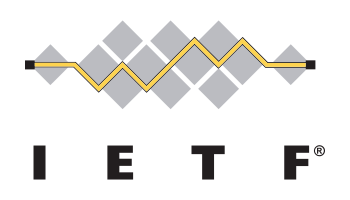How Your Privacy Is Exploited Online and How To Protect Yourself
I spotted a disturbing headline which reminded me to repost a recent series about online privacy in the Wall Street Journal. Suit alleges Disney, other top sites spied on users - CNET NewsA lawsuit filed in federal court last week alleges that a group of well-known...
Canadian “Fighting Internet and Wireless Spam Act” Introduced into the House of Commons
Bill 28, the Fighting Internet and Wireless Spam Act (FISA, nee ECPA) was introduced into the Canadian House of Commons May 25, 2010, and passed first reading. Also tabled were ammendments to PIPEDA, the existent privacy act, as Bill 29, The Safeguarding...
Facebook, Privacy, and the Loss of Trust
It wasn’t even two full years ago that Facebook was the darling of the ditherati. But with just a few missteps — which they appear to believe were nothing more than misunderstandings — everything’s changed. Can they ever regain their users’ trust?
Why aren’t there more spam lawsuits?
CAUCE president John Levine blogged about the difficulty in filing and winning anti-spam lawsuits.
Resources for Cleaning Your Network
The first step (but certainly not the last) towards saving the internet from spam, malware, and other abuse is to keep your own network clean.
A friend of CAUCE offers these tips and resources to help you identify problem traffic emanating from your network, and clean it up. Though primarily written for ISPs, many of the items below should apply equally well to any network owner.
ARIN makes a sane decision about IP WHOIS
The recent ARIN XXV meeting in Toronto had two positive developments related to WHOIS privacy and accuracy of data.A decision was rendered about contentious proposal 2010-3: Customer Confidentiality https://www.arin.net/policy/proposals/2010_3.html which allowed for...
Another spam case lost in Washington
Last month a court in Washington state decided that the operator of a small mail system didn't have standing to sue under CAN SPAM. John Levine has more in his blog.
Email User Safety At Risk – MAAWG Consumer Survey 2010
The 2010 version of the now-annual Messaging Anti-abuse Working Group (MAAWG) ‘Email Security Awareness and Usage Report’ was released yesterday. While un-belied by the title, the vernacular name might get a bit more attention: ‘The MAAWG Consumer Email Survey”.The...
T’is the Season for Apartment Rental Scam Spams – Consumer Alert
Summer tends to be moving time here in Montreal, as it is elsewhere. This year, I have decided to move, and thought it would be an opportune time to share a warning about some scams that are related to this seemingly harmless activity.First off is the 'Too good to...
Canada’s Electronic Commerce Protection Act: It’s ON!
The federal government is committed to the passage of the ECPA and will act to reintroduce the bill as quickly as possible. – Tony Clement, March 10, 2010
A Dangerous Buzz, and Opt-In Isn’t Just for Email
Facebook already tells the world who you’re friends with, and Twitter updates are public by default. But with both of those, you choose to sign up and you know what you’re getting (until it changes.) Buzz is different: you signed up for GMail, and suddenly this other thing happened too. Suddenly, things you thought were private are public.
Keeping Kids Safe on Facebook
Image by hoyasmeg via Flickr Though some of the technologies and techniques differ, there's a lot of overlap between email safety and social network safety. Laura Deisley, who speaks about technology with parent groups, has written an extremely complete...
















